 Martin Billington is a GP in Sheffield and also an Honorary Senior Clinical Lecturer and GP appraiser.
Martin Billington is a GP in Sheffield and also an Honorary Senior Clinical Lecturer and GP appraiser.
We had to create a monster. A monster so huge, and so terrifying that we were sufficiently motivated. Motivated to make the changes and stop doing many things and start doing other things. Things that we would never had considered, never had the strength to do, had this monster not been out there, on the loose. The monster was of course the fear of the COVID-19 virus and its creation was easy, as we all watched the horrors unfolding from China and into Europe.
Images of teams of healthcare workers in full PPE, patients struggling to breathe behind oxygen masks, streets empty as lockdowns were imposed, panicked and exhausted doctors trying to warn the world what was coming to them. The monster was not just the virus though, whose danger and deadliness were becoming clear. The monster was also the fear of us catching it, the risk of transmission, its invisible infectivity. Alarming graphs of rising cases, coupled by stories of transmission from petrol pumps, delivered parcels and supermarket packets of food grew our monster into a gigantic beast, a snarling, drooling unseen hideousness.
Me and two million of my closest friends had to take more drastic action, shut ourselves away, bar the doors and eliminate the outside world from our lives.
I had been a healthy fifty-year old GP, who enjoyed running up big hills and cycling up even bigger ones. Then last September, with no warning, I collapsed when out on a run and very suddenly I had crossed the line and I was now a patient. Four weeks as an inpatient, continually monitored and undergoing increasingly unpleasant investigations (cardiac biopsy whilst awake, anyone? and I ended up with a diagnosis of primary cardiac sarcoidosis. Who knew that was even a thing?
My care by the NHS had been impeccable. I left hospital in tearful gratitude, with a newly inserted defibrillator and a bag full of steroids. My recovery was slow, as I considered my brush with death, my new limitations and losses, coupled with my appreciation that I was alive, when for others this was a post-mortem diagnosis.
In early spring I began to think about when I could return to work. As well as a GP, I was an undergraduate tutor and an appraiser, and I missed it all. But then the monster began to emerge. Embarrassingly some of us laughed it off, denying the inevitable reality. But as we all began washing our hands and watching daily briefings, I became more fearful. I had survived 40 minutes of ventricular tachycardia lying on a track on the edge of the Peak District, but was I now going to succumb to a deadly virus preying on my new vulnerability?
I tearfully hugged my wife and kids and moved out to a flat generously offered by a friend, who I tell, may have saved my life.
The monster fed our paranoia, or was it sensible precaution? I left post for three days before touching it, I washed up the food supplies that my wife dropped off, I sanitised packets of tablets from the chemist. I thought about people who suffered cleaning OCD, normally buying several bottles of bleach a week and thought how awful this period must be for them. Twelve weeks of shielding, away from my family, seemed an impossibly long time, I couldn’t comprehend it. I hated the phrase “the new normal”. This was not normal. I stopped following the news as it made me too anxious. I became annoyed with friends who insisted on discussing Covid all the time. Well, what else was there to talk about? Despite Zoom, Skype, WhatsApp and the rest, I felt immensely lonely at times. Days turned into weeks merged into months. Anxiety ebbed and flowed; the fear of the monster influenced everything.
I was shocked and relieved and confused. COVID-19 would do the same to me now as it would have four months ago.
So, we the shielded, are being asked to move from essentially no risk, to an undefinable, unguaranteeable low risk situation. I am immensely thankful to be considering moving back home, but I am fearful, apprehensive and asking myself will I live and die to regret this? Somehow, we have to learn to walk with this monster.
Featured photo by Anne Nygård on Unsplash

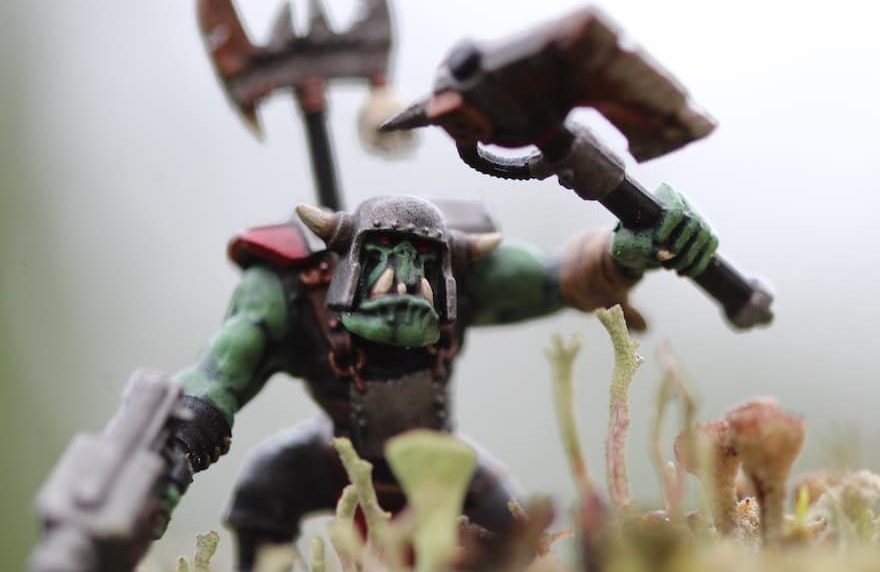
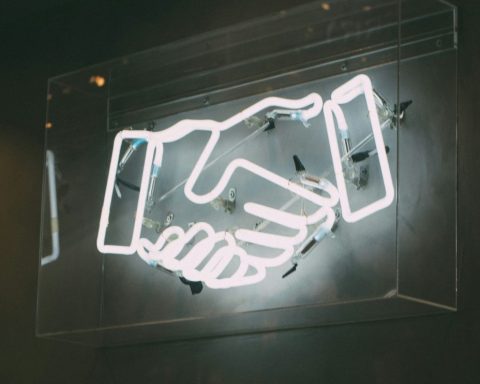
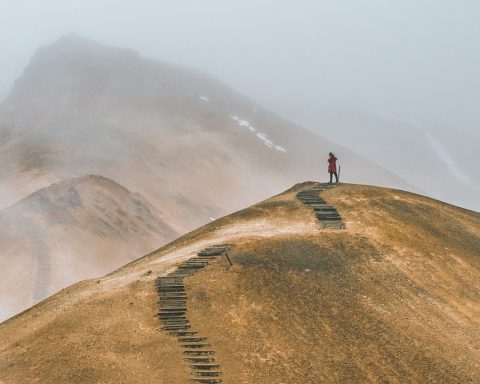

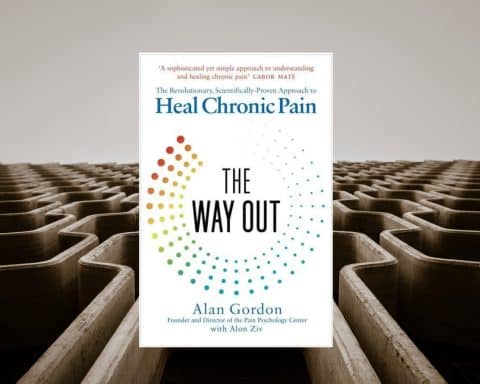
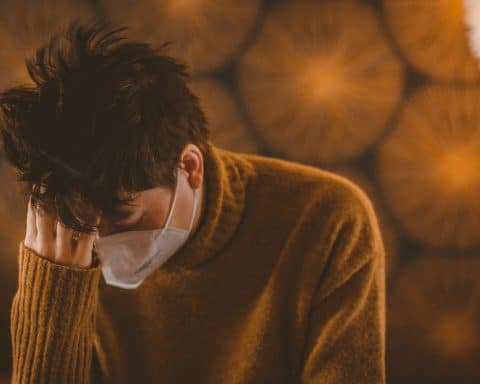
Thank you for your honest account Martin! It has indeed been a very strange shift and I know many people who were shielding now feel adrift. I would like to ask how things seem to you now a few weeks on from when you wrote this?
Best wishes Martin – hope you are well now.